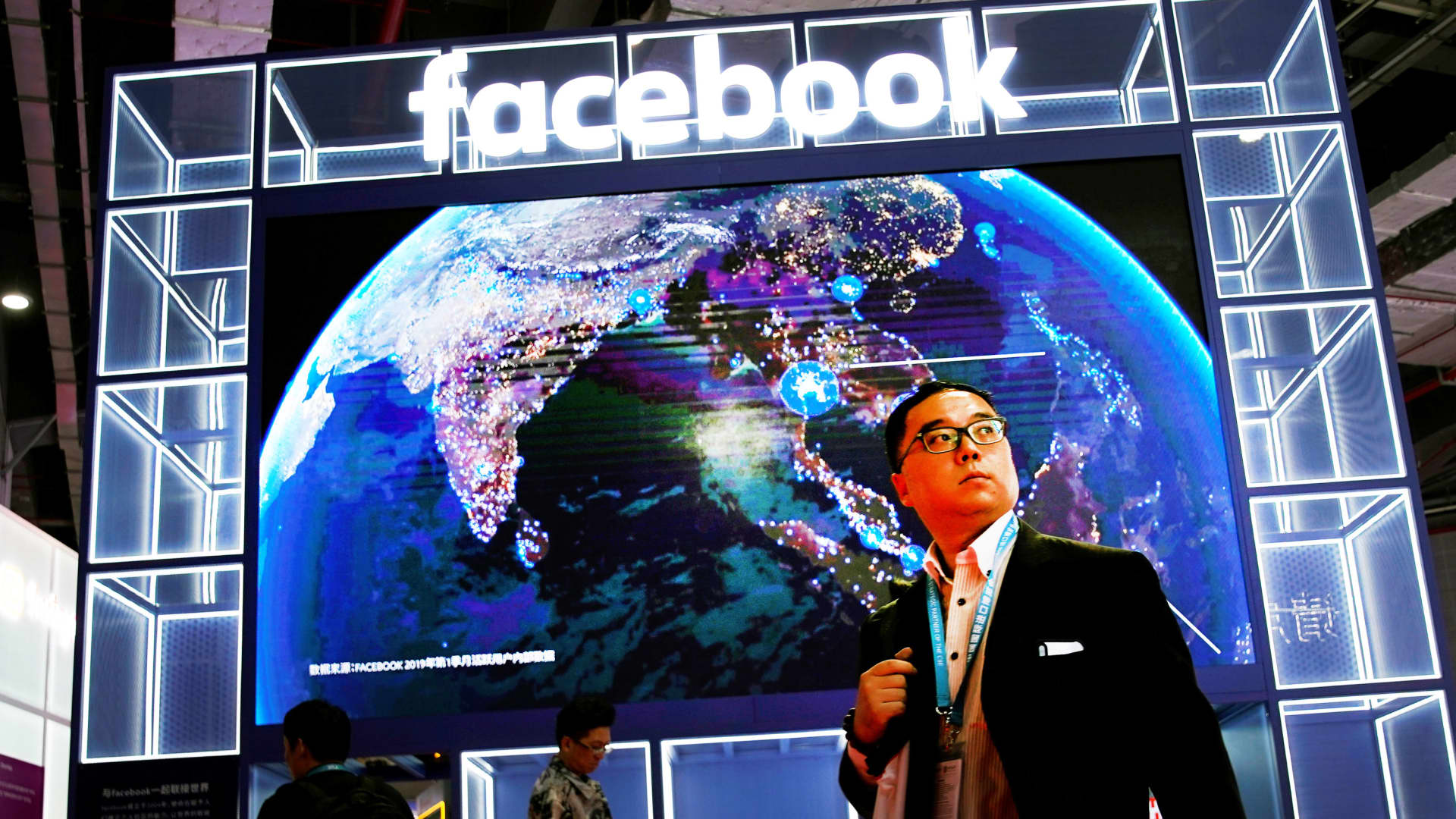Barry Diller says Apple ‘overcharged in a disgusting manner’ his companies on App Store

Business mogul Barry Diller on Friday ripped into Apple over the fees it charges companies that have applications on the iPhone maker’s App Store.
In an interview on CNBC’s “Squawk Box,” the chairman of IAC and Expedia said his companies, and others like them, are “overcharged in a disgusting manner.”
For large companies, Apple takes a commission rate of 30% on in-app transactions; for certain smaller developers, the company recently lowered it to 15% after facing criticism.
Apple steadfastly defends its policies, saying the money it gets from commission fees goes into maintaining and securing the App Store in a way that ultimately benefits app makers.
“The idea that they actually justify it by saying, ‘We spend all this money protecting our little App Store,'” Diller said. “I mean, it’s criminal. Well, it will be criminal,” he predicted.
Diller’s comments Friday came on the same day that Apple CEO Tim Cook is set to testify in an antirust case focused on the App Store brought by Epic Games, which makes the widely popular video game Fortnite.
Apple has a “quasi-monopoly” along with Alphabet‘s Google, which runs the Google Play app store for Android devices, Diller said.
Diller took aim at the way Apple forces in-app transactions to flow through the App Store’s payments system. Because Apple provides the payment system, he said the best comparison for Apple is a credit card company, which typically takes around a 2% fee on transactions.
“It’s irrational, 30%. I mean, it makes no sense,” Diller said.
“Match, little Match.com, pays $500 million a year to Apple to go through their store. Does that seem rational to you?” Diller said, referring to the dating company that Diller’s IAC spun out into a separate entity last year.
Diller said Apple needs to be regulated in order to preserve competition, but he stressed he was not calling for the tech giant to be broken up.
“I believe that, when you get to sufficient size, regulation is good. I grew up in the television business, which was regulated completely by the FCC and really tight regulations. Everybody, by the way, prospered to say the least,” said Diller, the former CEO of Fox and Paramount Pictures.
“I think regulation, proper regulation, makes sense. I don’t want to bust them up. I don’t think that that’s such a smart idea, but when you have size and power, you’ve got to have regulation,” he said.
Diller also told CNBC he feels Netflix has an insurmountable advantage in streaming video, a business that’s seen an explosion of new entrants, including Disney+, Apple TV+ and NBCUniversal’s Peacock.
“Netflix won this several years ago, they’re the only ones who have the scale and momentum to keep making these somewhat lunatic investments in programming,” he said.
Little Island opens in New York City
A look at “Little Island” , a park with numerous cultural offerings on a man-made island in the Hudson River, is scheduled to open in the coming weeks.
Christina Horsten | picture alliance | Getty Images
Diller’s CNBC interview Friday took place on the newly opened Little Island, located on the Hudson River on Manhattan’s west side.
The $260 million, 2.4-acre park — a decade in the making and, at one point, briefly called off — was mostly funded by Diller and his family foundation with his wife, fashion designer Diane von Furstenberg.
Diller has committed around $160 million to help with maintaining Little Island for the next 20 years. New York City also contributed public money for the project.”
The design was a collaboration between MNLA, a New York landscape architecture firm and Heatherwick Studio, the London-based firm founded by Thomas Heatherwick, who also was behind the Vessel at Hudson Yards in Manhattan. Heatherwick also designed the Olympic Cauldron for the 2012 games in London.
Asked how much more Little Island cost than he originally thought, Diller said, “I would settle for double.”
Disclosure: Comcast is the owner of NBCUniversal, the parent company of CNBC.
